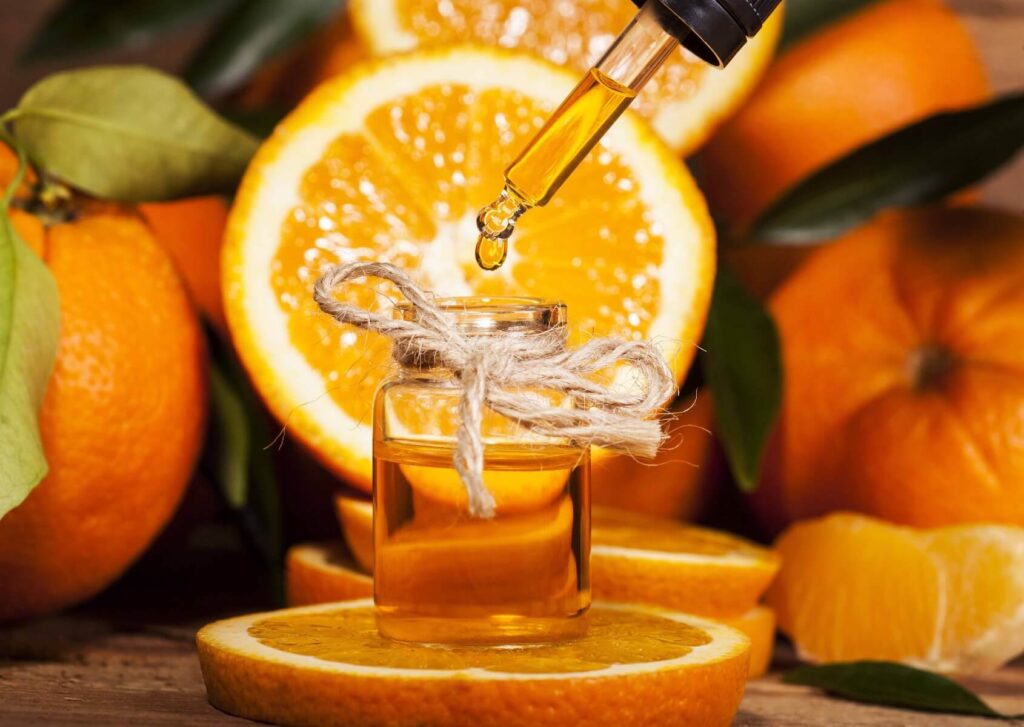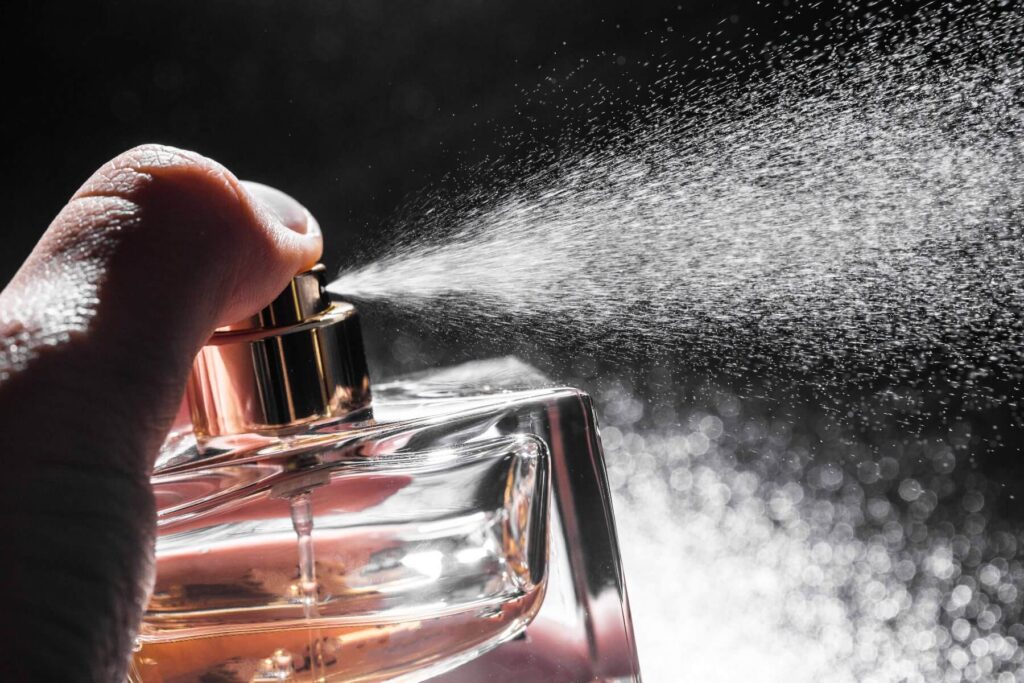How long does a perfume last? 5 things you absolutely need to know!
Are you one of those people with a craze for collecting fragrances, used to combining this or that perfume according to the mood of the day? Do you like displaying bottles like crazy on the bathroom cabinet to always keep an eye on them? Would you never leave the house without first vaporizing a few drops of essence on your neck and wrists? Your reputation as a fierce perfume addict precedes you, yet it is probable that until now you have missed an essential question, intoxicated as you are by the quantity of fragrances that surround you. Have you ever wondered how long a perfume actually lasts? And if you’re storing it the right way?
If after reading these first few lines you are suddenly assailed by doubts, we advise you to read the 5 points on perfumes below, where we have put together a series of tips to allow you to keep your fragrances at their best.
1) Does the perfume expire?
Let’s start with the basics: does a perfume expire really exist? In theory, perfumes do not expire, or at least not immediately. Do you know how long a sealed perfume lasts? A package that has never been opened can last for several years without undergoing any kind of alteration. The story changes if the bottle has been used: you will ask yourself, how long does an open perfume last? Each perfume house decides the expiration date for its fragrances, which essentially depends on the composition of the raw materials: the more natural these are, the shorter the “conservation” period from the first spray (for further information on the composition of perfumes, here is a article by the Accademia del Profumo on the main raw materials used to create a fragrance). The duration of the perfumes is generally indicated on the packaging of an open jar with 12M – 24M – 36M inside. Once these are exceeded, the perfume expires, which means that its characteristic aroma could change, or even be lost. In this sense, a good general rule is to have the 100 ml format for fragrances for daily use, while for all the others it is better to opt for smaller formats, such as 50 ml.
2) Citrus fragrances? The most sensitive

If you’re crazy about citrus fragrances, know that these are the ones that tend to change or lose their aroma more easily over time. The shorter duration of the citrus notes is not a defect, but a characteristic inherent in their nature. Coming from Mediterranean citrus fruits, such as bergamot, lemon, mandarin, orange and grapefruit, or from more exotic fruits such as kumquat, lime and yuzu, the citrus notes have a weak persistence: in fact, they fall into the category of so-called top notes, those which evaporate faster. Therefore, perfumes that are rich in them require more attention in conservation, to ensure that the citrus scents remain intact for as long as possible. It must be said that over the years the fragrance will inevitably also incur in the evanescence of the heart, less volatile than the head, but still subject to a certain evaporation. Conversely, base notes such as woody ones (e.g. patchouli or vetiver) tend to evolve and often even improve over time.
3) Be careful not to throw away the box!
As soon as you buy a new perfume, you open the package in a hurry to display your conquest on the bathroom shelf and throw the box away, thinking that you no longer need it. Nothing more wrong! Although keeping all the bottles in full view is a great source of satisfaction, perfumes should always be kept in their boxes because they must avoid contact with direct light, both solar and artificial, as much as possible. How to fix it if you have already thrown away the package? Wrap the bottle in foil!
4) The heat? The worst enemy of perfumes (along with the bathroom)
Excessive heat is also not ideal for your fragrances. In general, all environments with fluctuating temperatures risk ruining your perfumes, first of all the bathroom and the interior of the car. The best place to store the bottles is away from light and sudden changes in temperature, in a cool and dry place, for example in an underwear drawer, a wardrobe, or why not, even a dedicated mini-fridge, just like it’s for the wines!
5) The invisible enemy: indoor air

Another enemy of perfumes? Internal air, which tends to cause ingredients to oxidize as soon as it comes into contact with them. The more oxygen enters the fragrance, the more its components will tend to change. This is one of the reasons why most perfumes nowadays are in spray format, and not in bottles: the spray pumps are applied with special machines (seamers) capable of completely sealing the neck of the bottle, without leaving not even the slightest access for air to enter! In any case, how to avoid letting too much air into perfumes? First of all, you must always make sure that the caps are tightly closed. And if you don’t use the perfume much, it’s better to seal the opening, especially if it’s a splash fragrance. Furthermore, if you travel often you can opt for travel atomizers, small, comfortable and perfect for always having your favorite fragrances with you.
If kept with the right care, a good fragrance can last for many years. Now that you know all the tricks to keep your perfume from expiring, you can take a look at our showcase!

